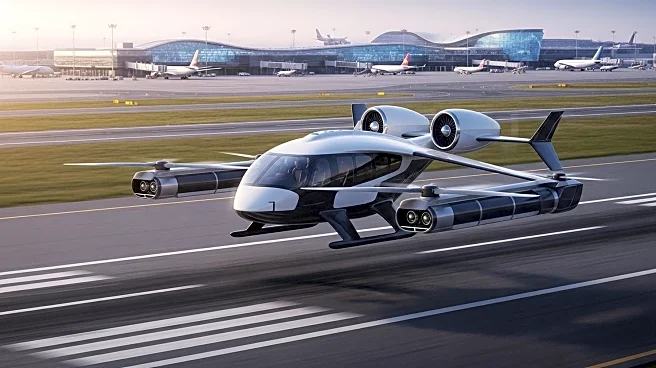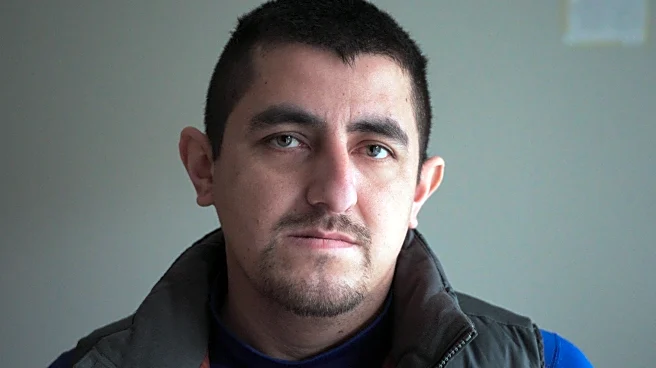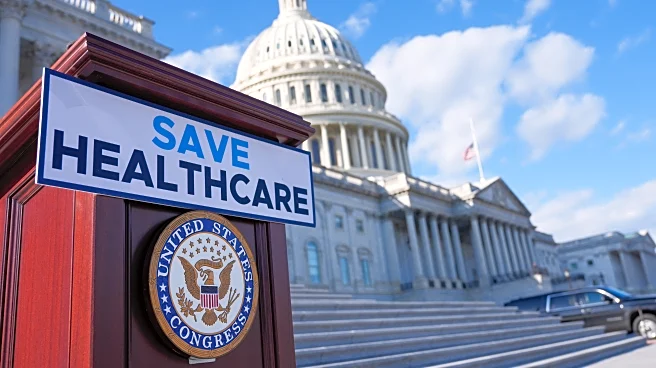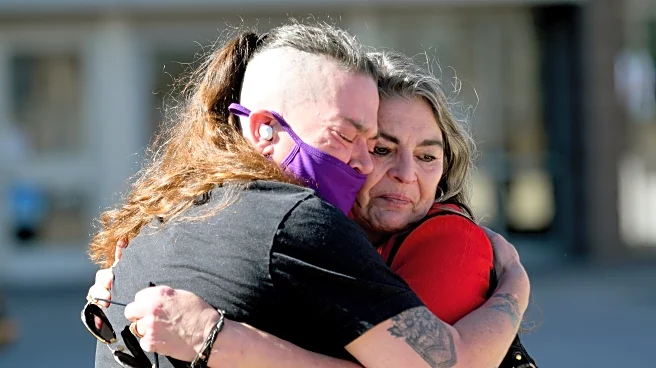What's Happening?
Air taxis are starting to show their impact at major U.S. airports, with Joby Aviation acquiring Blade Air Mobility's passenger business to operate airport shuttle flights in New York. This move is part of Joby's agreement with Delta Air Lines to provide home-to-airport transportation services. The integration of electric vertical-takeoff-and-landing (eVTOL) air taxis into national airspace is progressing, with test flights demonstrating their ability to cooperate with commercial traffic.
Why It's Important?
The introduction of air taxis represents a significant shift in urban transportation, offering clean and quiet alternatives to traditional methods. This development could transform airport accessibility and reduce congestion, benefiting passengers and airlines. The success of air taxis could lead to broader adoption and investment in eVTOL technology, impacting transportation infrastructure and urban planning.
What's Next?
Certification remains a major hurdle for air taxis, with companies like Joby and Archer Aviation aiming to launch commercial services by 2026. Continued progress in certification and integration into airspace will be crucial for the widespread adoption of air taxis. Stakeholders, including airlines and urban planners, will need to prepare for the operational and regulatory challenges associated with this new mode of transport.
Beyond the Headlines
The development of air taxis raises questions about safety, reliability, and environmental impact. As eVTOL technology advances, it may offer safer and more sustainable alternatives to helicopters, but challenges such as weather disruptions and visual flight rules must be addressed. The potential for air taxis to reshape urban mobility and reduce carbon emissions presents both opportunities and challenges for the industry.









